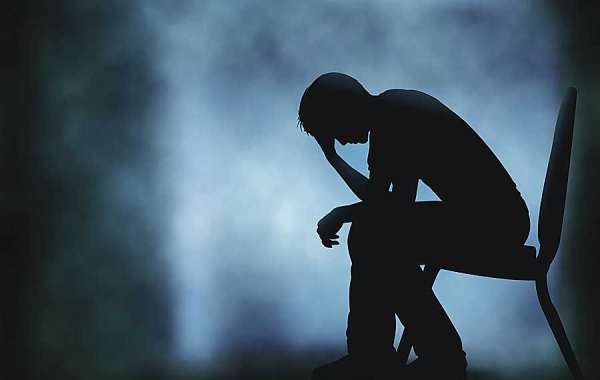
Types of Treatments For Depression
The following article describes different types of treatments for depression. It also discusses its possible causes and symptoms. It's important to choose a treatment that suits your needs and lifestyle. There are several types of therapy for depression, including medication, talk therapy, and psychotherapy. Each of these methods has different benefits, but they are all effective for treating depression. Read on to learn more. You may find something that works for you. And remember, you're not alone. There are many people out there who suffer from depression. It's important to get the right diagnosis.
Treatment options
There are several different types of depression treatments available today. Behavioral therapies may be an option if medication is not working for you. Cognitive-behavioral therapy focuses on identifying the thoughts and behaviors that contribute to depression and helping you change these negative patterns. Family therapy and couples therapy work together to address issues that may be contributing to depression. Problem-solving therapy involves learning new skills and ways to deal with everyday life situations. These treatments may be very effective in improving symptoms of depression.
Psychotherapy, also known as individual therapy, may help you overcome the symptoms of depression. The goal of these sessions is to provide a safe environment in which to explore your feelings, thoughts, and behaviors. Individual therapy is an effective way to treat mild to moderate depression, but serious cases may require medications in addition to psychotherapy. In general, therapy sessions may have positive effects, but it's always important to consult a mental health professional before starting any treatment.
Some people may be able to improve their mood by taking medication for depression. While this is not typically the first option for depression treatment, it is often a great option when it is combined with psychotherapy. The most common antidepressants are selective serotonin reuptake inhibitors (SSRIs), which are medications that enhance serotonin levels in the brain. Various types of SSRIs are available, including citalopram, escitalopram, fluoxetine, sertraline, and paroxatine.
Possible causes
There are several causes of depression. Traumatic events, such as a death or divorce, can trigger a depressive episode. These events can affect your brain's ability to cope with stress and change your behavior. They can also result in negative thoughts and feelings of worthlessness. If you suspect that you are suffering from depression, speak to a mental health professional. He or she will help you find treatment for your condition. Some of the most common causes of depression include the following.
Age: As humans age, their brain functions slow down and their neurotransmitters lose their effectiveness. This decreases the amount of chemicals that control mood, leading to depression. The onset of depression is more likely to be missed by family members if a loved one has the condition. High blood pressure, heart disease, and loneliness are other causes of depression in older adults. However, there are no definitive causes for depression. However, understanding the causes of depression can help you recognize your own depression symptoms.
Personality style is another important factor. Many people suffering from depression tend to have a negative outlook on themselves. They don't appreciate good things in their lives. This characteristic is known as the depressive personality style. Some people with depression are also genetically predisposed. Physical illnesses and medications may also contribute to depression. These types of causes are complex and varied. It is best to understand them so you can effectively manage your condition. You can consult a mental health professional if you suspect that you are suffering from depression.
Symptoms
If you feel you are suffering from depression, your first step should be to see a doctor. Depression is a mental disorder that affects many people. Symptoms of depression can be subtle, or they can be very severe and persist for weeks or months. If you are suffering from depression, you should see a doctor as soon as possible. A physician may also prescribe antidepressants and psychotherapy to help you deal with your condition. A physician may also run some tests to rule out other conditions, including thyroid disorders or vitamin deficiencies.
People with depression often report feeling hopeless and useless, and they may isolate themselves from friends and family. Some even contemplate suicide. Although there are similarities in the symptoms of depression in adults and children, they are often different for teens and adults. Some signs of depression in younger children include being sad and irritable, refusing to go to school or work, and being underweight. In addition to these symptoms, there are many other signs that may indicate depression.
If you suspect you have depression, you should talk to a mental health professional. Your physician can refer you to a therapist who can give you treatment. Your physician will want to know about your symptoms, any medications you're taking, and if you've had suicidal thoughts. It's important to seek help as soon as possible. It's important to reach out to people close to you for support and guidance. They may be able to help you in ways you never thought possible.




